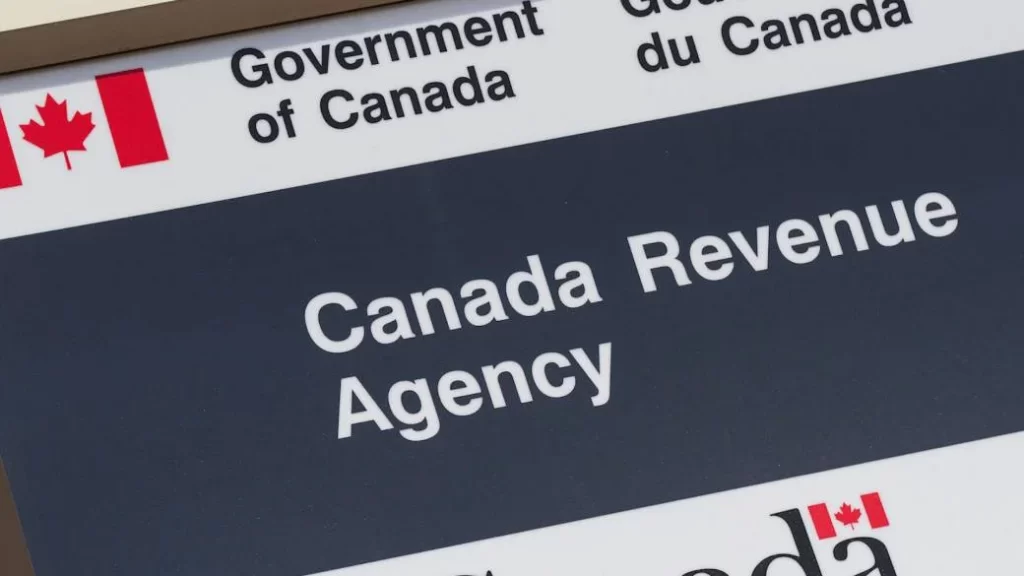As the fiscal year draws to a close, Canadian businesses are gearing up for a crucial annual event – the Corporate Tax Deadline. For companies operating in the Great White North, understanding the intricacies of this deadline is paramount to ensure compliance with the Canadian Revenue Agency (CRA) regulations. In this article, we will delve into the key aspects of the Corporate Tax Deadline in Canada, providing insights and tips to help CPA firms and businesses alike navigate this critical period seamlessly.
In Canada, the Corporate Tax Deadline typically falls six months after the end of a corporation’s fiscal year. For many businesses, this means that the deadline for filing corporate tax returns is due no later than six months after their year-end. It’s essential to identify your corporation’s fiscal year-end date to calculate the precise deadline for submission.
However the Tax Liability for the Year is payable after 6 weeks of Year End. Late Payment results in Penalty and Interest from CRA.
To prepare for the Corporate Tax Deadline, CPA firms should guide their clients in assembling the necessary documents and information. This includes financial statements, income statements, balance sheets, details of assets and liabilities, and any other relevant financial documentation. Ensuring the accuracy and completeness of these records is crucial for a smooth and efficient filing process.
Tax Credits and Deductions: Maximizing tax benefits is a critical aspect of corporate tax planning. CPA firms can assist businesses in identifying eligible tax credits and deductions, thereby minimizing tax liabilities. Common areas to explore include research and development credits, investment tax credits, and deductions related to capital expenses. Staying informed about changes in tax laws is essential to ensure clients take advantage of all available opportunities.
Tax Planning Strategies: CPA firms can play a proactive role in helping businesses implement effective tax planning strategies throughout the year. By identifying opportunities to optimize tax efficiency, such as income splitting, dividend strategies, and capital gains planning, companies can position themselves for a more favorable tax outcome when the Corporate Tax Deadline approaches.
Penalties and Consequences of Non-Compliance: It’s crucial for businesses to understand the potential penalties and consequences of failing to meet the Corporate Tax Deadline. Late filings can result in financial penalties, interest charges, and may even trigger audits. CPA firms can guide their clients in avoiding these pitfalls by emphasizing the importance of timely and accurate tax filings.
Abdullah CPA will help you to file your corporate Taxes on time and avoid non compliance penalties.






